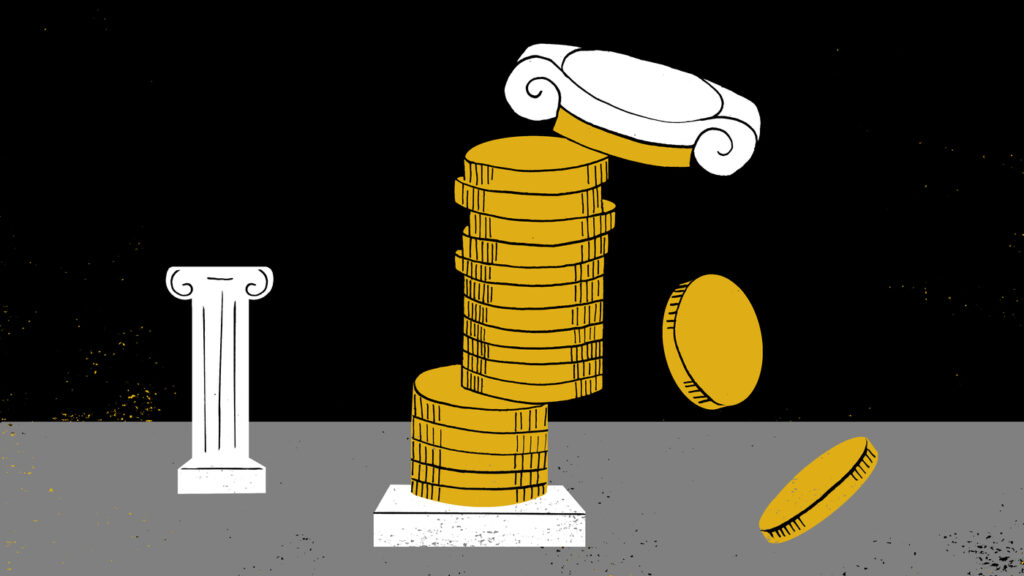Billions of dollars in defence spending has proven futile
Ameer Hamza
We are yet to see any semblance of containment of the COVID-19 contagion. At the time of writing, the number of infected people has spiked to one million all over the world and over sixty thousand are dead. Almost half the planet is under lockdown to varying degrees. The death toll is persistently on rise and projections about the number of people who might get infected are terrifying. Populist leaders who, until lately, were downplaying the devastating impact of the epidemic now seem to be changing their attitudes. There is no more rhetoric of the ‘Chinese’ virus or ‘wrath of God.’
Where giant economies are dwindling across the world, educationists are concerned about the havoc wrecked on academic careers of millions of students. One of the first steps taken to curb the pandemic was closure of schools and universities. All activities —classes, examinations, research projects – came to halt. Many students cannot find alternatives to resolve their predicament. For example, a doctoral student will never be able to complete his research from home.
Policymakers offered online classes as a solution. Inspired by developed countries, the Higher Education Commission announced universities would conduct online classes. Directives were issued accordingly.
But the students across the country were shocked and dismayed by the announcement. Why would they not be? Is it not ridiculous for a university to conduct online classes even though it no proper internet infrastructure on campus? It may sound funny to many students who can afford expensive education in private universities, but dysfunctional internet facilities or their complete absence is a real issue in public sector universities.
For most students from working class backgrounds, internet is a luxury and not a basic necessity. Such ignorance of ground realities by authorities is criminal neglect. Even if all students had the same financial backgrounds, how can they ensure functional internet in remote areas of Balochistan, Gilgit-Baltistan and Azad Kashmir?
It is said that ‘e-revolution’ (the development of smart computers and internet technology) has greater potential to transform the world than even the industrial revolution. It is hard to say that the computer can replace a book and a teacher. A science student will never be content with only the writings of Watson and Crick’s three dimensional model of DNA. They would wish to see it. It would be hard to explain the hybridization in molecules to a young chemistry student without employing visual technologies. And it is impossible to elaborate on the continuously expanding universe without holography.
It is time now to link academia with the latest technologies. As there is opportunity in each crisis, here is one for introspection. Billions of dollars in defence spending has proven futile and great world powers with largest arms exports gave in to the contagion. Governments all across the world need to divert huge spending from defence to education and modern sciences. In this way only, we can make this world a better and a peaceful place.
The Students’ Herald News Desk focuses on reporting the latest news regarding student politics and campus updates to you.
The News Desk can be reached at admin@thestudentsherald.com




